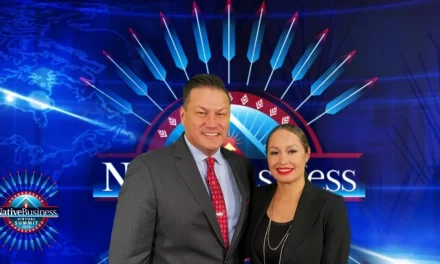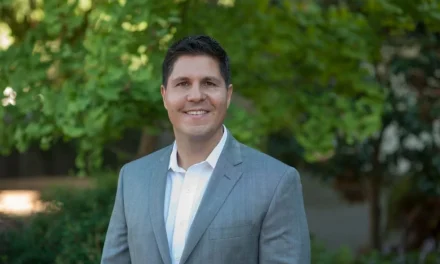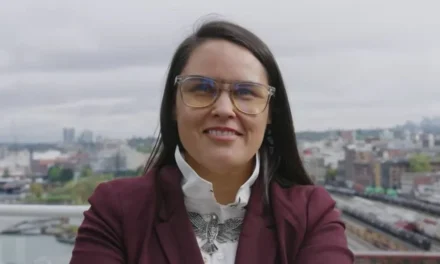Providing C-level solutions is the firm’s bread-and-butter. “A medium-sized or large-sized organization has the capacity and the financial resources to hire CEOs, COOs, or Chief Marketing Officers, or Chief Financial Officers. Small businesses don’t necessarily have that capacity, nor do they have the financial resources to enable them to do that,” Clements explained. “One of the services that my firm offers is that we have CFO-for-hire services; we have a CHRO [Chief Human Resources Officer]-for-hire; our COOs help clients build their operations; and we also have CEOs-for-hire.”
If the entrepreneur wants to become the CEO, the CEO-for-hire plays somewhat of a mentoring role, Clements explained. Clements serves as president of We The People. Seven partners with very specific areas of expertise help meet clients’ needs. For instance, one of her partners is a CFO and a CPA by trade. “She oversees bookkeeping and all levels of finance and accounting projects, depending on what an organization needs,” Clements said.
Clements serves as president of We The People. Seven partners with very specific areas of expertise help meet clients’ needs. For instance, one of her partners is a CFO and a CPA by trade. “She oversees bookkeeping and all levels of finance and accounting projects, depending on what an organization needs,” Clements said.
A consistent theme or trend that Clements has identified among entrepreneurs and business owners is a fear or disdain for all things finance and accounting. “I want to teach entrepreneurs and small business owners the importance of the numbers. The numbers tell a story,” Clements said.
We The People also boasts internal and external human resources consultants and professionals. “We have marketing, PR and communications [teams]. I’ve got a holistic consulting firm that really fills every functional area of the business,” Clements continued. “Strategic planning, operational execution, and mission, vision and values is our strength.”Her firm begins each client engagement with a half-day assessment of the business, product, service, and existing staff. “Then we get intimate about the owner, founder, entrepreneur, or whoever is running that business. I really want to understand who they are and what their mission or values are. Then we pick it apart further and look at their culture—what kind of culture do they have or what kind of culture are they trying to build? All of those answers will help me identify what type of leadership training is needed,” Clements explained.Many of the services that Clements’ firm offers are “a la carte” and tailored specifically to the organization. “Leadership theory is leadership theory, but not all of it applies to a particular business. It’s not really a ‘one size fits all.’ I like to tailor leadership development programs to the business that I’m working with,” Clements continued.When Clements isn’t helping Native-owned businesses expand, she’s strategizing ways to help create sustainable companies and jobs in Indian Country. For instance, she’s currently working with a non-Native client who is interested in doing business in Indian Country. Clements shared: “He has called on my firm to help him do business with the tribes. I am serving as a liaison between those two worlds, non-Native business and tribes, which requires me to intimately understand his business model, his product, who he is, and where he might be best served in terms of working with a tribe. I’m targeting tribes that have a commitment to economic development—and specifically tribes that have a really high unemployment rate. I really want to bring businesses to tribes and help them create jobs and stimulate their economies.”
Clements underscored her concern about the scarcity of jobs on reservations. “People are getting a high school degree and they’re leaving. People who go to tech schools are not sticking around the reservations, because job opportunities are scarce. I want to partner with tribes, tribal enterprises, Native-owned businesses and entrepreneurs to help create an atmosphere where the money is being made on the reservation, jobs are being created, and employment conditions are improving. Strategy, attraction and retention is the name of the game,” she said.










